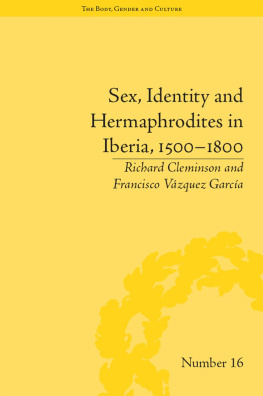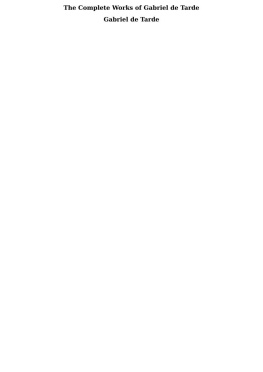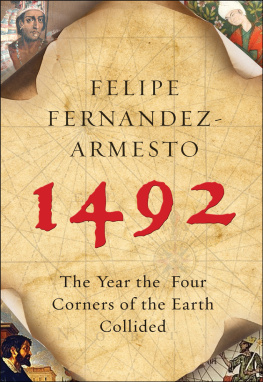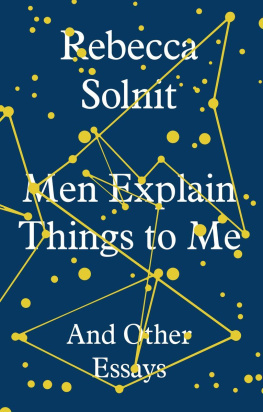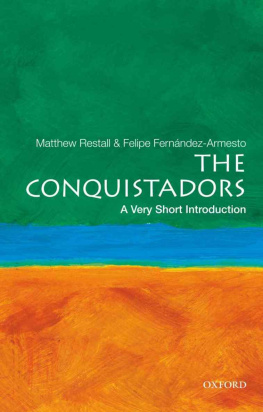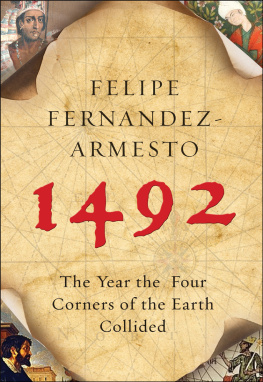Rights of reserved edition.
Letrame Editorial.
www.Letrame.com
info@Letrame.com
Xos Gabriel Vzquez
Translated by Cristina Hidalgo
Design of edition: Letrame Editorial.
ISBN: 978-84-17990-62-6
No part of this publication, including the cover design, may be reproduced, stored or transmitted in any form or by any means, electronic, chemical, mechanical, optical, recording, online or photocopying, without prior permission from the editor or the author.
Letrame Editorial does not have to be in agreement with the opinions of the author or with the text of the publication, always remembering that the work he has in his hands can be a fiction novel or an essay in which the author makes personal and subjective evaluations.
Any form of reproduction, distribution, public communication or transformation of this work can only be done with the authorization of its owners, except as otherwise provided by law. Go to CEDRO (Spanish Reprographic Rights Center) if you need to photocopy or scan a fragment of this work (www.conlicencia.com, 91 702 19 70/93 272 04 47).
Preface
The most popular definition of our species, in relation and comparison to other beings, has been that of the rational animal, attributed to the great Aristotle, although, in fact, it was with Ren Descartes when reason became the central axis of our definition. This reference and defining characteristic of us has prevailed, even when it has been known for decades that there are more rational beings, possibly on account of no other having been culturally assumed until now. Therefore, if our most accepted definition does not adapt or is no longer useful, we will have to try another one that does, and here lies the issue that concerns us. In other words, the main objective of this work is, precisely, to renew and establish our specification, investigating what characterizes and identifies us, in order to also give better meaning to our existence. To this end, I have carried out a review of the contributions, theories, currents and postulates that I have considered most significant when it comes to providing knowledge and possible clues for resolving this approach.
My conclusion is something that has already been said, so it is not, in itself, a discovery. Rather, I think that my contribution is based on putting some order and, especially, attention in this respect; as well as trying to clarify the debates that have taken place, some prosaic, such as the so-called reductionisms (scientific, biological, cultural), without forgetting those of beliefs or religions. The question, and I hope that the answer to all this, is, as I understand it, that we are the only entities of the known universe that we have and live different realities: the so-called external (like the rest of entities, in interaction with the environment), the so-called internal (our own world-view, almost as a world apart) and another related to symbolism or, more specifically, verbal expression or human language, through which we form another reality. Likewise, I intend to demonstrate the validity of the results obtained, both theoretically and in practice (which, in short, is the important one).
Although they are genetically diverse, it is also true that, from this organic point of view, it is more what unites us to other species, even lately stating that, in this sense, biology deceives us. Furthermore, there are those who allude to the fact that in our DNA is the base of our brain and other characteristics that are not abundant in other species, such as consciousness, emotions, feelings, thought, reason, etc. However, one by one, similar characteristics have been observed in other beings, usually in simpler ways. On the other hand, those who appeal to our cultural achievements, mainly represented by technological advancements, have also been able to see how these same achievements have been found in more species, of course, with all the easily visible and comparable distinctions, even some, I suppose, insurmountable. Finally, of religious conceptions, as they are beliefs and without any scientific proof to corroborate them, one can say that they just fall right into place; in other words, religious options imply approaches that do not allow us to determine or reach some sort of valid conclusion, at least, not in the same sense in which science proves its worth. Rather, religious validity is based on beliefs and the consequent faith in them, which is far removed and improper from the scientific discourse that is intended here and with which this transcendental issue must be addressed conveniently: our specificity, our definition and characterization as a species and as individuals. Something that, as I also intend to point out, may entail something more than the quest for our specificity, and may also become the key to our existence, or our comparative evolutionary success, or our reason for being, or why we are here and for what end. In fact, and as a result, I elaborate our Identity Index as a species, indeed applicable to each of us, in which we collect and inform ourselves of who we are ( Homo sapiens ), what our origin is (where we come from), what our nature is (what we are), what our fundamental characteristic or essence is (what role or function we do, what indicates the meaning of our existence or where we are going) and what our way of being or spirit is (how we are doing it and what for, in short, our existential end and purpose).
If, after what I have seen and analyzed, I have come to the conclusion that our specificity is determined by the fact that we are the only beings who live several realities, one external and one internal, one relative and one absolute, one binary and one ternary, one tangible and one intangible, one natural and one artificial or fictitious; it is precisely on account of its theoretical and practical validity, that is, scientific point of view. Like the rest of animals and other species and entities, our existence develops in interaction with the environment, thus giving rise to what is known as external reality. On top of that, in our case we also have a characteristic that no other known entity has, I am referring to the so-called capacity of ideation. That is to say, that we can devise without the need of the relation organism-environment, as so many conceptions throughout our history demonstrate, which I describe with three Effects: Democritus, Marseillaise and Ashoka ; the first to exemplify what a persons capacity for ideation can do, the second to show how this capacity has its correspondence at a collective level in what we call culture, and the third to focus this capacity towards social enterprises that result in the good of all and everything.
That capacity, individual and proper to each one, is what makes us unique, shaping something like the fingerprints of our being. No one has the same ideas as another, day by day and throughout a lifetime. But, in addition, and as clearer empirical proof, it turns out that this individual capacity becomes operative and can even materialize, giving rise nothin g more and nothing less to our collective or species specificity, as Homo sapiens , through something as empirical or verifiable as our culture or intellectual patrimony, and not to mention unique, but this time on a social level.
Therefore, I try to settle this transcendent question of our specific identity, while at the same time drawing attention to this unique capacity which, in addition to diversifying both individually and as a species, supposes, as I deduce from evolutionary processes, our essential existential asset.



